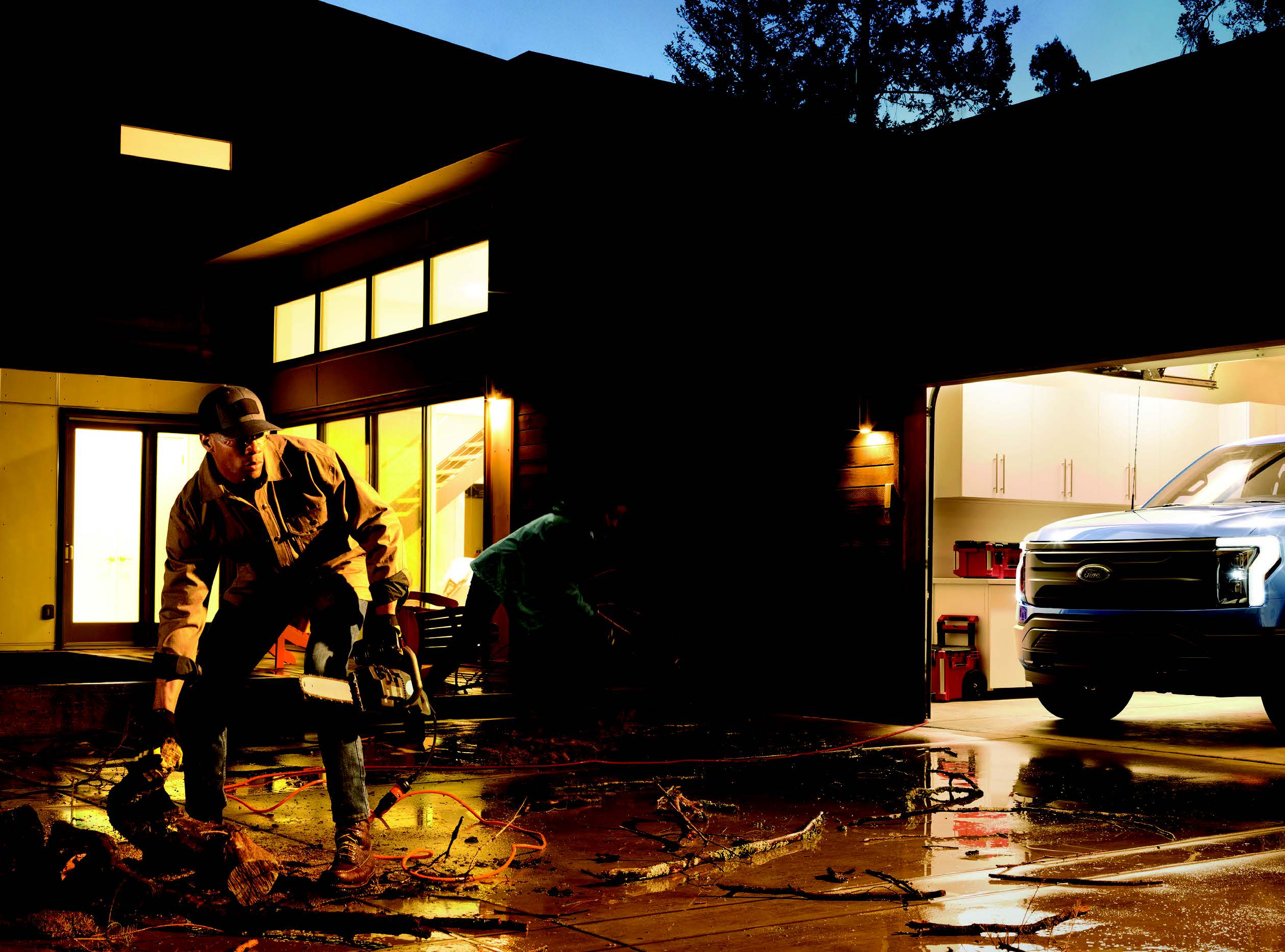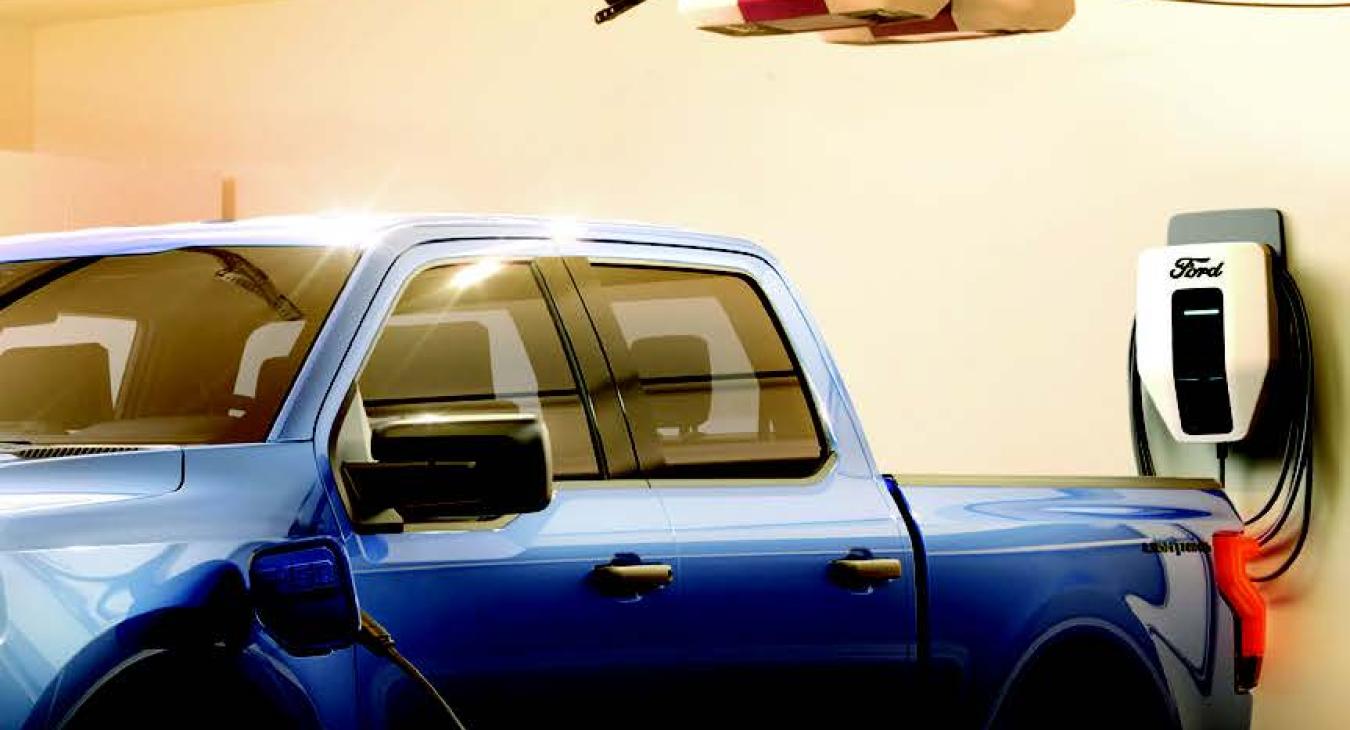How using more electricity can save money and improve quality of life
By Paul Wesslund
Of all the world’s changes the past 30 years, few are as significant as how we use energy.
In the 1990s, new drilling techniques brought a boom in natural gas production. That increase in supply cut prices so much that natural gas started replacing coal power plants, which used to generate half of the country’s electricity. Concern for the environment grew, and now renewable energy produces more of our electricity than coal.
Major changes to how we use energy have also come into our homes.
If you go to the movies and forget to turn off your kitchen lights, you can switch them off from an app on your phone. If you’re returning from vacation, you can adjust your thermostat from anywhere so the temperature of your home is comfortable when you get back.
Every vehicle manufacturer is racing to build electric models. Last year, Ford started producing an electric version of its bestselling pickup truck. And the F-150 isn’t just being promoted as better for the environment. The ads show it running power tools on a remote job site.
Showing such benefits of electric vehicle s highlights a whole new way of thinking about energy.
Powering Your Home With a Truck
For example, instead of buying a gasoline powered pickup truck, you could consider the advantages of electric options. A traditional gas -powered model might be best for long trips, but how many miles a day does the truck typically travel? What would it be like to plug it in overnight and never have to visit a gas station again? What if it could also power home appliances during a power outage?
There’s a name for that kind of thinking—beneficial electrification. Although that phrase doesn’t easily roll off the tongue, the idea is catching on because it’s basically a way to get things done better and cheaper.
There’s even an organization called the Beneficial Electrification League. The group aims to improve the nation’s economy by making broader use of electricity —from heating and cooling homes and businesses to deploying electric school buses and replacing diesel motors on farm irrigation systems with more efficient electric models.
The benefits of electrification, BEL says, are money savings, reduced environmental impact, improved quality of life and smoother operation of the nation’s increasingly internet-connected electric grid.
Environmental impact is one of the clearest effects of switching from fossil fuel to electricity. Natural gas, coal and oil all produce greenhouse gases. Electricity uses some fossil fuels to generate power but is increasingly made with renewable energy. So switching from an internal combustion engine to an electric vehicle, for example, will reduce the burning of fossil fuels.
No More Gas Cans
Utilities are exploring ways to use the growing number of electric vehicles to create a more resilient electric grid. Using smart-grid analytics, all those electric cars sitting in garages and charging overnight could supply power back into the electric system during outages or when the demand for electricity is high.
Consumers can also consider beneficial electrification for the ir home s to see how electric options might improve quality of life. Replacing lawnmowers, leaf blowers and other yard tools with battery-powered versions would reduce noise and eliminate the need for gas and oil cans in the garage.
You might love your gas stove and heating system, but do you like it enough to pay for two forms of energy, with gas and electric bills coming due even when you’re on vacation? Add to that the continual improvements in electric heat pumps that will heat and cool your home with an incredible 300% efficiency.
And if you’re concerned about power outages, battery backup systems are getting increasingly powerful and efficient. Compared to a gasoline -powered generator, a battery wouldn’t need to be “started up” and wouldn’t emit poisonous carbon monoxide.
You may not be ready to make the switch to all electric. These shifts can take time as technology advances and costs become more competitive. However, the notion of beneficial electrification offers a new way to evaluate the tools we depend on for everyday life.


